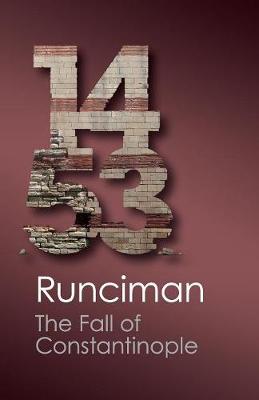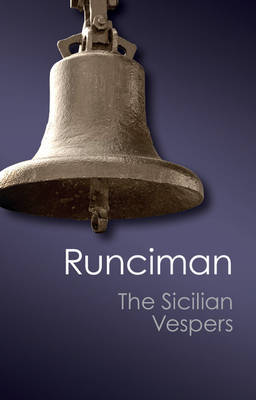Canto Classics
2 total works
This classic account shows how the fall of Constantinople in May 1453, after a siege of several weeks, came as a bitter shock to Western Christendom. The city's plight had been neglected and negligible help was sent in this crisis. To the Turks, victory not only brought a new imperial capital, but guaranteed that their empire would last. To the Greeks, the conquest meant the end of the civilisation of Byzantium and led to the exodus of scholars stimulating the tremendous expansion of Greek studies in the European Renaissance.
On 30 March 1282, as the bells of Palermo were ringing for Vespers, the Sicilian townsfolk, crying 'Death to the French', slaughtered the garrison and administration of their Angevin King. Seen in historical perspective it was not an especially big massacre: the revolt of the long-subjugated Sicilians might seem just another resistance movement. But the events of 1282 came at a crucial moment. Steven Runciman takes the Vespers as the climax of a great narrative sweep covering the whole of the Mediterranean in the thirteenth century. His sustained narrative power is displayed here with concentrated brilliance in the rise and fall of this fascinating episode. This is also an excellent guide to the historical background to Dante's Divine Comedy, forming almost a Who's Who of the political figures in it and providing insight into their placement in Hell, Paradise or Purgatory.

